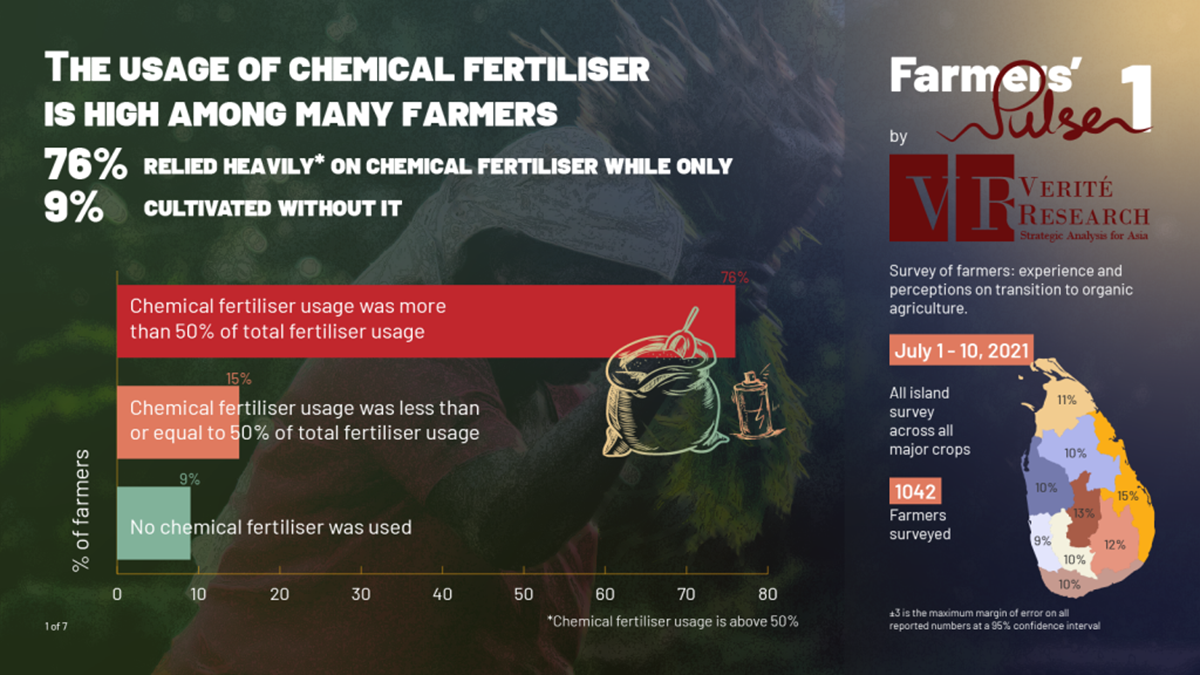Hear the Headlines
| Sri Lanka Abandons Fertilizer Import Ban
| Kenya’s KTDA Sets a Minimum Price for Auctioned Tea
| AVPA Announces Teas of the World Contest Winners
India Tea Price Watch
Tea Board of India data indicates a 14.4% decrease in tea exports between January and July 2021 as compared to this period last year. With Kenya’s KTDA fixing the minimum reserve price at $2.43 per kilo at the Mombasa auction, the difference in price between Indian teas (priced between $3-4) and Kenyan teas has narrowed to India’s advantage. North Indian auctions were closed last week for Dusshera while South India saw better uptake of dust tea. Read more…
Features
This week Tea Biz travels to Calcutta, India for an in-depth conversation with Harkirat (Harki) Sidhu, Rainforest Alliance India’s Consulting Program Coordinator for Sustainable Landscapes & Livelihoods. Harki is an expert in mechanical tea harvesters. He makes a compelling argument for improving tea quality using labor hours gained on farms that invest in these time-saving machines.

Mechanical Tea Harvesting
By Dan Bolton
Mechanical harvesting gets a bad rap. This is because poorly trained operators using poorly maintained equipment damage bushes, lowering yield and leaf quality. Simple routines such as level trimming in one direction, in a single long sweep over only half the plucking plain produces excellent leaf. Innovations like creating a seasonal calendar to regulate plucking rounds and paying workers for the area they shear instead of by the kilo keep yields high. Smallholders sharing equipment to save time can then use the many hours of labor saved for field maintenance and to complete agricultural chores like pruning, mulching, and weed abatement to deliver leaf of exceptional quality to factories.
According to Rainforest Alliance Consultant Harkirat Sidhu, mechanical harvesting is required today because growers cannot complete plucking rounds frequently enough by hand. “We need mechanical harvesting in addition to hand plucking to prevent overgrowth, not to replace hand plucking,” he says. Read more…
Listen to the review
News

Sri Lanka Abandons Fertilizer Import Ban
By Dan Bolton
Tea growers convinced the Sri Lankan government to abandon import restrictions on agrochemicals imposed in May after demonstrating a marked decline in quality and yield. Plantations Minister Ramesh Pathirana said the reversal comes in time to help growers responsible for producing $1.3 billion in annual exports.
At a press conference in Colombo last week, he told reporters imports of chemical fertilizer would continue until the island was able to produce sufficient organic fertilizer for food and cash crops. Two thirds of Sri Lanka’s farmers support organic agriculture according to a survey by Verité Research but 90% currently use agro-chemicals and 85% anticipated the overnight switch to organic fertilizers would lower yields by an average 47%. Read more…

Kenya’s KTDA Sets a Minimum Price for Auctioned Tea
By Dan Bolton
The Kenya Tea Development Agency last week announced a minimum reserve price of $2.43 per kilo for tea auctioned in Mombasa.
The decision is to stabilize persistently low prices during the past two years at the likely expense of export market share. India is a primary beneficiary.
Azam Monem, director of McLeod Russel India, told reporters “due to Kenyan tea we faced intense competition in worldwide markets. “We are in a better position to increase exports now that our prices are about INRs250 rupees per kilo (approximately $3.35 in US dollars) and Kenyan tea is around INRs200 rupees per kilo (around $2.65 in US dollars), he said.
KTDA said output declined by 14% to 1.25 billion kilos in the 12 months through June, compared with last year’s record output. Overall, Kenya tea exports increased by 19% to 298 million kilos but auction prices averaged only $1.96 per kilo at Mombasa, which auctions teas from several East African countries.
KTDA tea prices fell by 8% during the same period, averaging $2.18 per kilo. Kenya’s export earnings during the past seven months fell to $700 million. In 2020 exports totaled $1.2 billion for the year. The Agency expressed concerns about over-reliance on four export markets that generate 70% of sales of commodity grade teas, pledging to produce more orthodox teas that bring a better price.
Biz Insight – KTDA announced that it is abandoning legal action to prevent enactment of provisions of the 2020 Tea Act. Last winter a group of directors at KTDA factories filed suit to prevent implementation of sections of the act governing special elections. Fifty-five factories at their annual meetings in November will vote on a special resolution to withdraw the cases. The resolution is endorsed by Cabinet Secretary Peter Munya.

AVPA Announces Teas of the World Contest Winners
AVPA’s 4th Annual Teas of the World contest awarded 133 medals this week recognizing teas from 33 countries.
The online ceremony in Paris awards “gastronomic recognition” in two categories of tea with separate juries evaluating camellia sinensis (monovarietal) and “Herbal teas, blends and scented teas.”
Prizes included 10 “Gourmet Or” gold medals and 25 silver and 25 bronze with an additional 73 teas receiving an AVPA certificate of distinction. Three golds were awarded in the herbals and blends category and seven gold medals in the camellia sinensis categories.
Related: A Gastronomic Tea Contest
Taiwan’s Xue Jian Oolong Tea in Miao Li won two golds (two silvers and four diplomas). The first gold medal was for “Alpine Spring” with another for “Le Thé de Madame Hakka.”
Wang Family Tea in Beishan, Taiwan earned a gold for its “Wuyi Charcoal Roasted Oolong” and the Tea Key Company in Nantou, Taiwan earned gold for its “Dong Pian Si Ji Chun.”
Two teas from Darjeeling, India also earned gold medals. “Arya Diamond” distributed by EVS Professionals and Les Jardin de Gaia earned gold for its “Himalayan Secret SFTGFOP1 (Special Finest Tippy Golden Flowery Orange Pekoe, Grade 1).”
A South Korean green tea grown on Jeju Island by Wild Orchard also earned gold.
In the Herbals and blends categories “Pure Chamomile” by L’Autre Thé grown in Croatia was awarded a gold medal and Les Jardins Gaia won gold for its “Rose de Damas” tea from Iran.
N. Psyllakis & Co., a family-owned farm in Greece won gold for its “Cretan Mountain Tea” grown in Tofillo, Crete.
- Winners in the Monovarietal Contest (PDF)
- Winners in the Herbal Teas, Blended and Scented Contest (PDF)
— Dan Bolton
- Read more… links indicate the article continues. Learn more… links to additional information from reliable outside sources.
Upcoming Events
November 2021
HX: The Hotel Experience | Nov. 14-15 | New York City
Jacob Javits Convention Center | Agenda | Register
Click to view more upcoming events.
Share this episode with your friends in tea.
Listen to Tea Biz on Apple Podcasts
https://teabiz.sounder.fm/episode/news-01212021Subscribe and receive Tea Biz weekly in your inbox.



